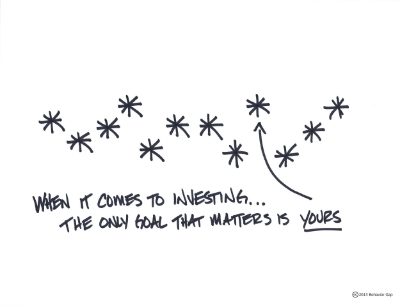A Uniquely Family Run Business for 35 years
In 1981, Foley and Foley was established when insurance specialist Mark Foley and his investment savvy son, Kevin Foley joined forces to serve clients.
This month, the firm celebrates 35 years serving clients!
Today, Foley & Foley Wealth Strategies is thriving thanks to the continued dedication and success of Kevin Foley and his family of partners, Luke Fields and John Foley. Kevin shares that “we’ve worked to maintain the exceptional standards established early in the company.” Click here to read more about ‘Our Story’.
The firm credits success to their clients trust and satisfaction. By building a financial plan unique to each client, Foley & Foley Wealth Strategies conveys that real wealth comes from planning and living your best life, and being able to pass on the blessings.
Since 1981, Kevin Foley, ChFC®, CLU®, has specialized in helping clients accumulate, manage and preserve wealth and been recognized as an outstanding financial advisor, achieving membership in the Raymond James Leaders Council.
Luke Fields is a CERTIFIED FINANCIAL PLANNER™ Professional with a thorough understanding of the details required when constructing strategies for clients. John Foley, RJFS Investment Consultant, specializes in consulting with clients to determine which investments will help them accomplish their unique goals.
In recent years, Foley & Foley Wealth Strategies has modernized our firm processes, created a new logo/website www.foleywealthstrategies.com, enhanced the investment selection process to be discretion managed in-house and implemented the most current financial planning software adding significantly to their investment and financial planning strategies. These changes convey a readiness, vibrancy and current understanding of today’s challenging markets.
Foley & Foley Wealth Strategies THANKS YOU! We pledge to you our continued best service – you deserve it!
Kevin Foley ChFC®, CLU®, Founding Partner
Luke Fields CFP®, Firm Partner
John Foley, Firm Partner, Investment Consultant, RJFS














![SC_Header_600px2a4bf3[1].png](https://images.squarespace-cdn.com/content/v1/54e22be1e4b0f4a6ba36154f/1441378659077-VE0I5M6O2FJZYQE7SW83/SC_Header_600px2a4bf3%5B1%5D.png)




